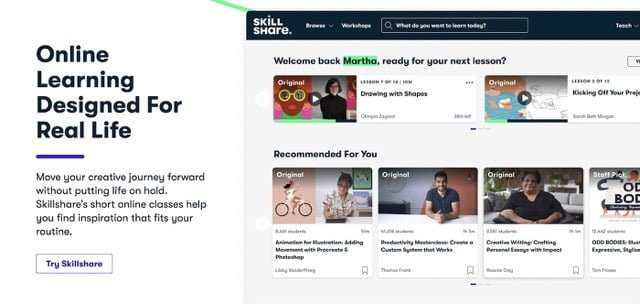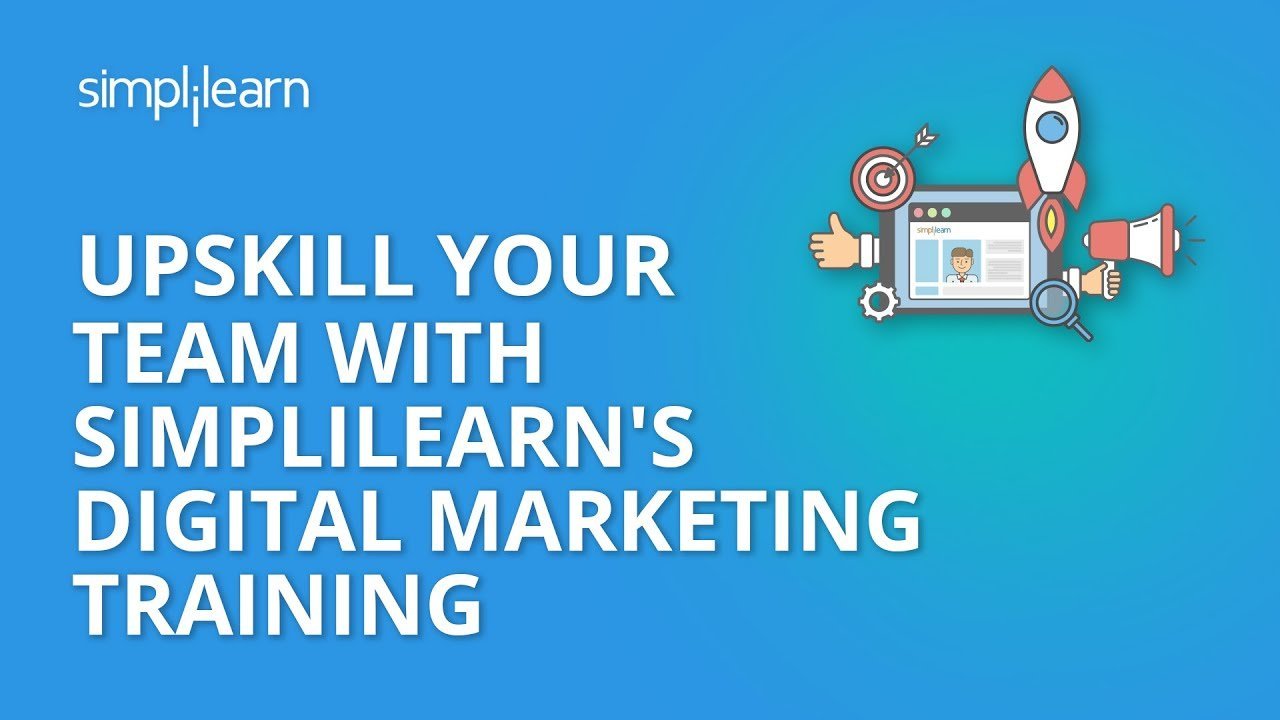Education is a key aspect of human development and a crucial factor in shaping individuals and society as a whole.
Throughout history, education has been delivered in various forms, with traditional in-building education being the most popular until the advent of technology that brought about the emergence of online education.
The history of traditional education systems can be traced back to ancient Greece and Egypt, where young citizens were taught philosophy, mathematics, and science in schools. During the Middle Ages, universities emerged as the primary source of education, where students were taught through lecture-style formats. Over time, traditional education has evolved to include various forms of in-building learning, such as community colleges, trade schools, and three to five years or more university programs.
In recent years, online education has become a popular alternative to traditional education structures and systems.
Online education is delivered through digital online platforms, allowing students to access course materials, participate in discussions, and take assessments from anywhere and at any time with just a simple internet connection. One of the most appealing things about online education is how it is more cost-effective and flexible compared to traditional in-building education and offers students the opportunity to learn at their own pace and on their own schedule.
 The advantages of online education are numerous and include access to a vast range of courses and knowledge, flexible scheduling, and reduced costs. Online education also provides individuals with the opportunity to learn a variety of skills that they may not have been exposed to through traditional education, such as the arts, information technology, digital marketing and management, and accounting. Some of the most popular online education platforms include Coursera, Simplilearn, Google Academy, Meta Blueprint, Skillshare, and Udemy, each offering a unique approach to online learning.
The advantages of online education are numerous and include access to a vast range of courses and knowledge, flexible scheduling, and reduced costs. Online education also provides individuals with the opportunity to learn a variety of skills that they may not have been exposed to through traditional education, such as the arts, information technology, digital marketing and management, and accounting. Some of the most popular online education platforms include Coursera, Simplilearn, Google Academy, Meta Blueprint, Skillshare, and Udemy, each offering a unique approach to online learning.
Coursera, for example, works with universities to offer a wide range of online courses, while Simplilearn focuses on professional development and offers certification programs. Google Academy provides free online courses and certifications for various IT and web development skills, while Meta Blueprint offers education in Facebook/Meta centred digital marketing technologies . Skillshare and Udemy are popular platforms that offer courses in a wide range of subjects, from photography and graphic design to entrepreneurship and leadership.
A lot of my education has been largely online. I am basically self-taught in a lot of things. I signed up to online platforms that would help educate me on the topics that mattered the most to me instead of being given a bunch of electives that I was not into. After wanting to get into university for so long, when I finally did, I dropped out after a year. I did not dop out because school was hard, no, I dropped out because I did not feel I was being offered an education relevant to where I wanted to go with my career.
So I took matters into my own hands.
 The journey has been long, a little expensive but it has also been so much more focused and I have gained a lot more experience in a shorter amount of time. A couple years in and how I run my own company and have done projects and consulting at the highest level.
The journey has been long, a little expensive but it has also been so much more focused and I have gained a lot more experience in a shorter amount of time. A couple years in and how I run my own company and have done projects and consulting at the highest level.
One of the main challenges of online education though is the lack of accreditation for many courses, which can make students skeptical of the value of online education compared to traditional in-building education. Additionally, the quality of online education is dependent on the technology that supports it, which can sometimes be a drawback for students who may not have access to the latest technology.
But this is quickly changing with greater competition and advancements in technology. Also, for a lot of jobs nowadays, your portfolio and demonstrated skill is enough. Other companies are able to respect the effort you’ve put into educating yourself because hey, not all of us can afford university.
Online education is becoming increasingly important when it comes to educating people on the next generation of job skills, suchas social media, AI, tech, and automation. As the world continues to change and evolve, these skills are becoming increasingly in demand, and online education provides individuals with the opportunity to acquire them a lot easier than tradition, in-building, expensive education.
To wrap it all up, let me summarise and say this, online education has the potential to greatly disrupt traditional learning and is poised to change the way traditional education systems operate. With the rise of new technologies and job skills, it is crucial for individuals and organisations to consider the benefits of online education and start taking it seriously.
Whether you’re looking to acquire new skills or further your education, online education platforms like Coursera, Simplilearn, Google Academy, Meta Blueprint, Skillshare, and Udemy (just to name a few) offer a powerful and flexible way to learn and stay ahead in a rapidly changing job market.
Happy learning.
Alroy Ndhlovu
Alroy Ndhlovu is a passionate digital media specialist, who specializes in media production and technologies as well as content marketing. He runs a digital media company and personal brand and is usually engaged in various digital projects. He also loves creating content, especially educational content which he uses to educate others.
Related Posts
16th March 2023
What is Web3 and Why is it Important for the Future of the Internet?
Web3 has become a bit of a buzzword or…
14th February 2023
Financial Mistakes to Avoid in Your Small Business: Tips for Thriving Ventures
Starting a business can be a very…
10th February 2023
How AI Is Revolutionising Industries: With Examples from Design, IT, Accounting and Medicine
AI has been making waves in the tech…



